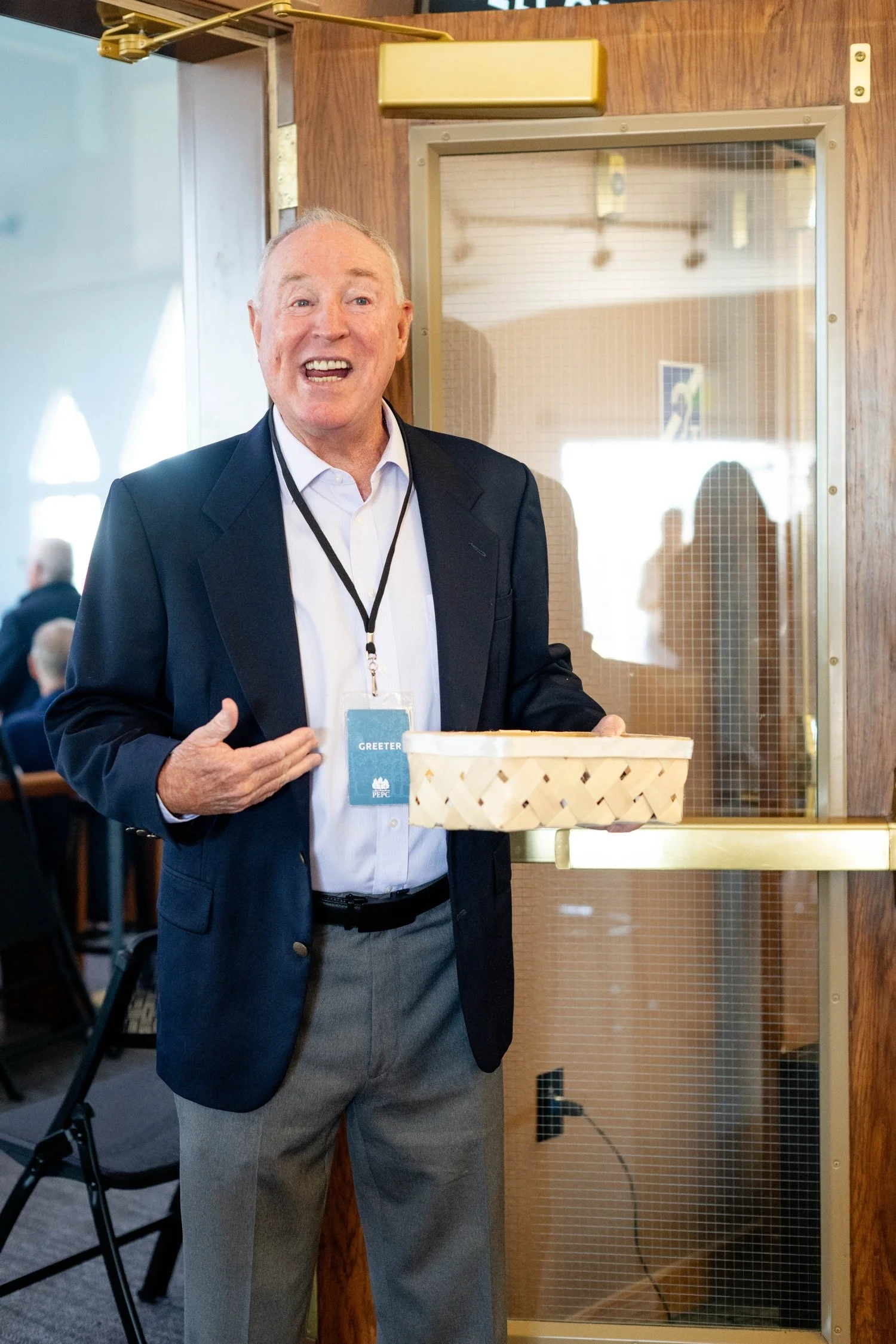Readings for today: Ecclesiastes 10-12, 2 Corinthians 11:16-33
We haven’t talked a lot about Ecclesiastes so I thought I’d recap a bit from the last couple of days. Lost in all Solomon’s talk about vanity and emptiness and chasing the wind in this book is the number of times he encourages the reader to enjoy life. Enjoy the time they have been given. Enjoy the hours and days of blessing. Enjoy the seasons when life is good. Yes, you will experience bad times. Yes, you will experience hardship and adversity. Yes, you cannot place your trust in wisdom, wealth, influence, or a good name. But you can still find joy. Simple pleasures of feasting, friendship, and family.
“In the day of prosperity be joyful, and in the day of adversity consider: God has made the one as well as the other, so that man may not find out anything that will be after him.” (Ecclesiastes 7:14)
“And I commend joy, for man has nothing better under the sun but to eat and drink and be joyful, for this will go with him in his toil through the days of his life that God has given him under the sun.” (Ecclesiastes 8:15)
“Go, eat your bread with joy, and drink your wine with a merry heart, for God has already approved what you do...Enjoy life with the wife whom you love, all the days of your vain life that he has given you under the sun, because that is your portion in life and in your toil at which you toil under the sun. Whatever your hand finds to do, do it with your might, for there is no work or thought or knowledge or wisdom in Sheol, to which you are going.” (Ecclesiastes 9:7, 9-10)
“Rejoice, O young man, in your youth, and let your heart cheer you in the days of your youth. Walk in the ways of your heart and the sight of your eyes. But know that for all these things God will bring you into judgment.” (Ecclesiastes 11:9)
To be sure, Solomon is encouraging a “sober” joy. A joy tempered by the realities of hard work, adversity, judgment, and death. A deeper joy that transcends superficial happiness. A joy that springs from a deep love of life and all the blessings God has given. The profound joy that comes from a life lived before God in this world. The joyful life for Solomon is not all bubbles and rainbows and unicorns. It’s an utterly realistic joy. A joy that acknowledges the harsh truth about our broken world. A joy that walks eyes wide open to pain and suffering. A joy that doesn’t run from trouble.
I’ve been a pastor for almost twenty years. I’ve spent countless hours counseling people from all walks of life. I’ve served congregations on the East Coast. The Deep South. The Midwest. And for the last decade or so, out West in Colorado. A common thread running throughout all those conversations is the universal desire for happiness. A craving for joy. But it’s a joy without hardship. A happiness without sorrow. An unrealistic expectation that life can be lived...indeed should be lived...without pain and suffering. In the most extreme cases, the person seems to believe God “owes” them such a life. It’s why one of the most frequent questions I have to help people wrestle with is “Why, God?” Why did God let this happen to me? Why didn’t God protect me from this tragedy? Why does God allow suffering? Why does a good God allow evil to exist in the world? Such questions, at their best, reveal the longing we all have for the world to come. The world where God will wipe away every tear, end all injustice, and heal every hurt. At their worst, they reveal a deep misunderstanding of the world around us. A false expectation that this life can be lived without experiencing hardship and pain. Solomon is clearly confronting the latter attitude.
So how do you experience the world? When you wake up in the morning, what’s your expectation? Do you walk into life eyes wide open to both the good and the bad? Are you willing to embrace the ups and downs? Do you understand that life will be filled with pleasure and pain? Accomplishment and adversity? Success and failure? I love how Solomon closes out this book, “The end of the matter; all has been heard. Fear God and keep his commandments, for this is the whole duty of humanity.” (Ecclesiastes 12:13) Or as Jesus put it, “You shall love the Lord your God with all your heart and with all your soul and with all your mind. This is the great and first commandment. And a second is like it: You shall love your neighbor as yourself. On these two commandments depend all the Law and the Prophets.” (Matthew 22:37-40) Friends, you and I were created to love God and enjoy Him forever. May you choose the joy that comes from knowing and loving Jesus Christ!
Readings for tomorrow: Song of Solomon 1-3, 2 Corinthians 12




